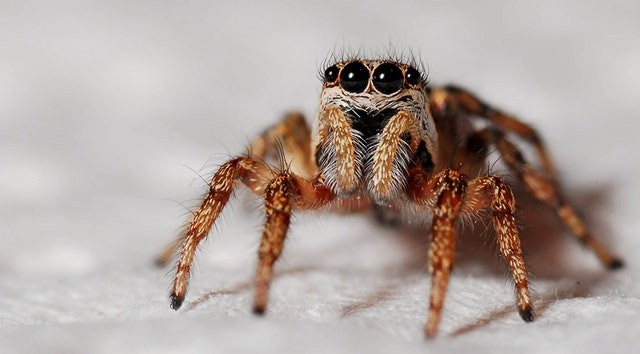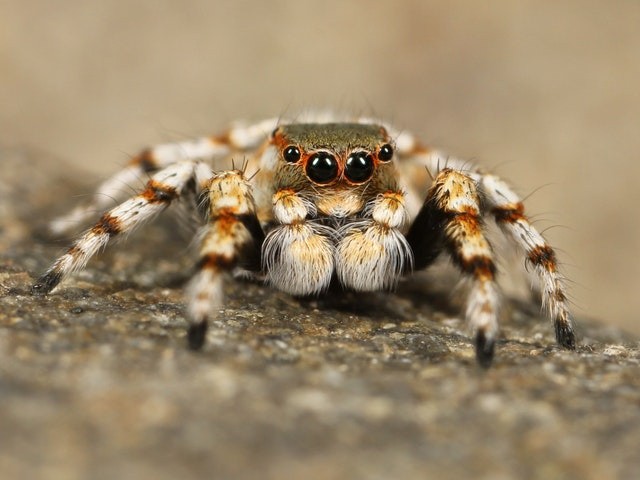A new study has discovered spider bites from noble false widow spiders could be so severe that it could hospitalize its victim. The discoveries, released in the international medical journal Clinical Toxicology, gave a confirmation that some bite victims can experience symptoms almost the same as that of true black widow spiders, and in the most extreme cases will require hospital treatment.

Noble False Widow Spider
The noble false widow is endemic to Madeira and the Canary Islands, and it resembles the deadly black widow, although they are significantly less harmful.
However, a team of scientists from the University of Ireland Galway discovered that the species may be more dangerous than originally believed. Scientists assert the false widow now has the possibility of becoming one of the most invasive species of spider in the world. The species was first discovered in Britain over 140 years ago, but the numbers have increased all of a sudden in recent decades, notably expanding its density and range.
The reasons for the rising numbers of these species are not clear, but researchers have given a suggestion that a new generation mutation within the species may have made the noble false widow adapt more to new environments.
Also Read : Science Explains How These Spiders Can Fly
The Spread of Noble False Widow Spider
Human movement has contributed largely to the escalation throughout North Africa, Europe, West Asia and parts of South and North America, with the spiders capable of moving around through the likes of shipping crates and containers all over the world. The noble false widow in parts of Ireland and Britain has become one of the most common species of spider seen in and nearby urban habitats.
Head of the venom systems lab at NUI Galway and also a senior author of the study, Dr. Michel Dugon said: "In addition to their medically important venom, Noble False Widows are very competitive and adaptable in the wild." This species was nearly unknown in the UK, Ireland, or in continental Europe two decades ago. He also said more knowledge about its behavior, origin, genetics, and developmen is yet to be acquired.
He said one thing is certain though: this species has come to stay, and we must learn how to exist with it.

Envenomation
With the increasing numbers of false widows all over our homes, bites are now becoming more frequent and experts are starting to realize the full medical usefulness of these spiders.
The study discovered that nearly all bites took place in and around the home, with 88 per cent taking place when the victim was asleep in bed or when the spider was stuck in clothing. Envenomation (process by which venom is injected by the bite or sting of a venomous animal) symptoms from a false widow bite can be both systemic and localised, and range from slight to debilitating pain, and mild to serious swelling.
Related Article : Finding Nemo? New Species of Peacock Spider With Orange and White Face Named After Pixar Character
For more news, updates about spiders and similar topics don't forget to follow Nature World News!
© 2025 NatureWorldNews.com All rights reserved. Do not reproduce without permission.





